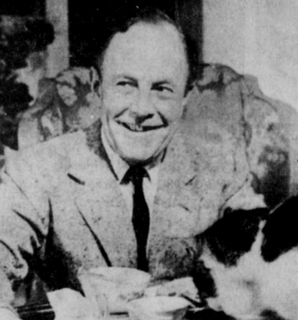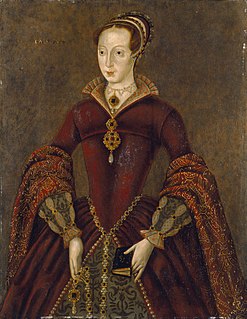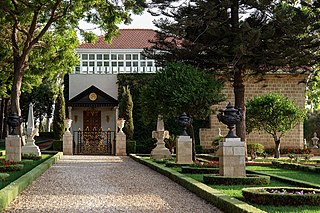A Quote by George Herbert
Who hath none to still him, may weepe out his eyes.
[Who hath none to still him, may weep out his eyes.]
Related Quotes
Man is an Animal, formidable both from his Passions and his Reason; his Passions often urging him to great Evils, and his Reason furnishing Means to achieve them. To train this Animal, and make him amenable to Order; to inure him to a Sense of Justice and Virtue, to withhold him from ill Courses by Fear, and encourage him in his Duty by Hopes; in short, to fashion and model him for Society, hath been the Aim of civil and religious Institutions; and, in all Times, the Endeavour of good and wise Men. The aptest Method for attaining this End, hath been always judged a proper Education.
O eloquent, just, and mighty Death! whom none could advise, thou hast persuaded; what none hath dared, thou hast done; and whom all the world hath flattered, thou only hath cast out of the world and despised. Thou hast drawn together all the far-stretched greatness, all the pride, cruelty, and ambition of man, and covered it all over with these two narrow words, Hic jacet!
Blessed the man that hath visited `Akká, and blessed he that hath visited the visitor of `Akká. Blessed the one that hath drunk from the Spring of the Cow and washed in its waters, for the black-eyed damsels quaff the camphor in Paradise, which hath come from the Spring of the Cow, and from the Spring of Salvan (Siloam), and the Well of Zamzam. Well is it with him that hath drunk from these springs, and washed in their waters, for God hath forbidden the fire of hell to touch him and his body on the Day of Resurrection.
It is a fearful thing to hate whom God hath loved. To look upon another-his weaknesses, his sins, his faults, his defects is to look upon one who is suffering. He is suffering from negative passions, from the same sinful human corruption from which you yourself suffer. This is very important: do not look upon him with judgmental eyes of comparison, noting the sins you assume you'd never commit. Rather, see him as a fellow sufferer, a fellow human being who is in need of the very healing of which you are in need. Help him, love him, pray for him do unto him as you would have him do unto you.





































